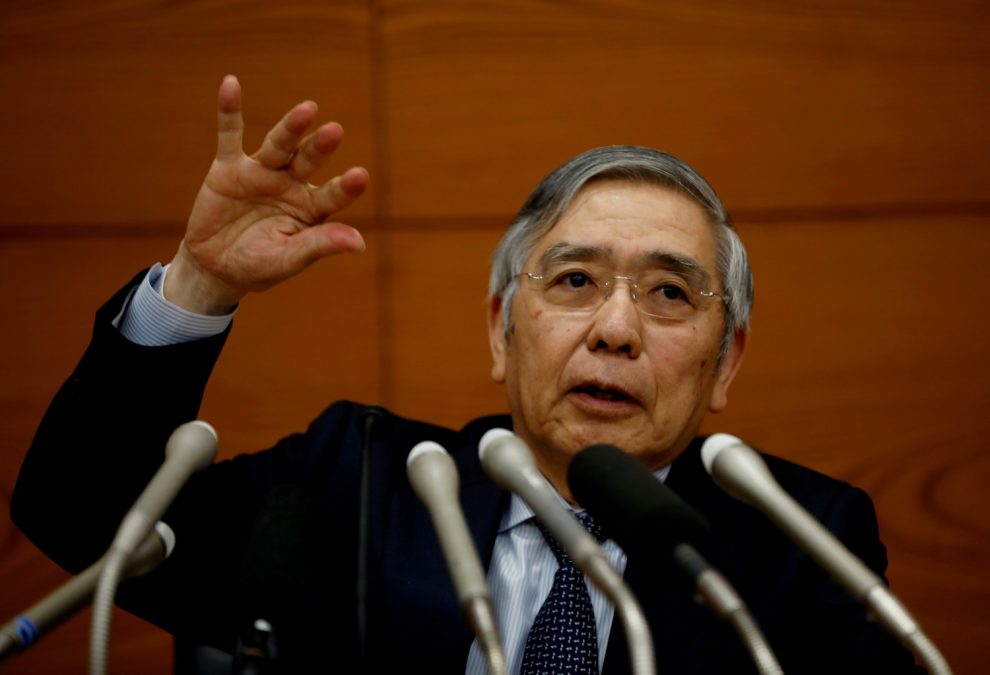Shunichi Suzuki, Japan’s finance minister, stressed on Friday that the country needs currency stability and said he was watching market moves “carefully” in the wake of the yen’s recent declines against the US dollar.
Domestic media and some market participants have warned of the potential demerits of a weak yen, which pushes up import prices and households’ cost of living at a time the economy is recovering from the Covid-19 pandemic.
“I won’t comment on the currency market itself, but stability of exchange-rate moves is important above all,” Suzuki told reporters, signalling that Tokyo will escalate its warning if yen falls become too rapid or volatile.
“From that standpoint, we’ll closely watch currency market moves and their impact on the Japanese economy,” he said, when asked if the weakening yen was negative for the economy.
Suzuki’s remarks came as the dollar hovered near a five-year high at 116.355 yen hit on Tuesday, backed by expectations the US Federal Reserve will embark on steady interest rate rises even as the Bank of Japan (BOJ) keeps rates ultra-low.
‘Not Enough Pull-Back’
“The yen is cheapening as Treasury yields rise,” Kit Juckes, a macro strategist at Société Générale in London, said. “High import prices and a weaker Chinese economy play a big role too, however.”
Juckes said that while the yen had not lost its status as a safe haven currency, “there simply hasn’t been a big enough pull-back in risk sentiment to test that one way or the other”.
He said that as long as US yields rise and oil and natural gas prices surge, “there’s no encouragement for the yen”.
Japanese policymakers have traditionally favoured a weak yen, as it gives exporters a competitive advantage overseas.
“On the back of our more hawkish Fed view, we are now forecasting a weakening in the yen to 122 against the dollar by end-2023,” said Tom Learmouth, a Japan economist at Capital Economics.
Raw Material Reliance
Haruhiko Kuroda, the BOJ’s governor, said last month the boost to export volume from a weak yen may have declined compared with the past as more Japanese companies shift production abroad.
Kuroda also said the hit to households from a weak yen may have become bigger due to Japan’s increasing reliance on raw material imports, offering the most direct acknowledgement yet of the potential disadvantages of a weaker yen.
With wholesale inflation already hitting a two-decade high and driving up the cost of living, further yen declines could become a political pain point for the government ahead of an upper house election looming in the summer.
Japanese policymakers see little room to intervene in the currency market to arrest the yen’s decline, with some conceding that there is good reason for it to soften given Japan’s weak economy, waning competitiveness and dire public finances.
• Reuters, with editing by George Russell
READ MORE:
Japan’s New Leaders Urge Faster Pace on Digital Yen
Government, BoJ Agree on Inflation: Japan Times
BOJ Cuts Growth Forecast, Outlines Climate Lending Scheme
























